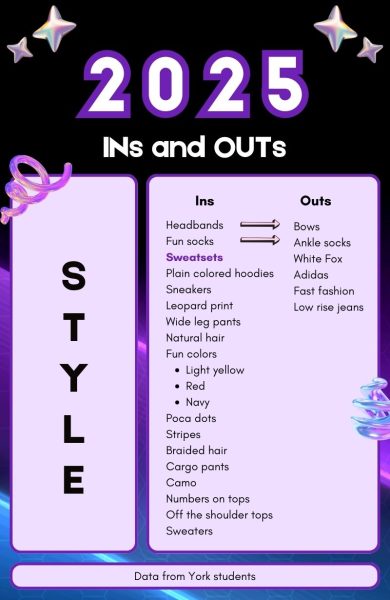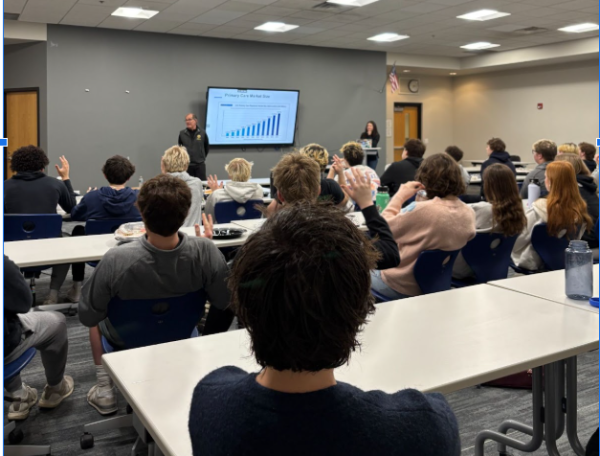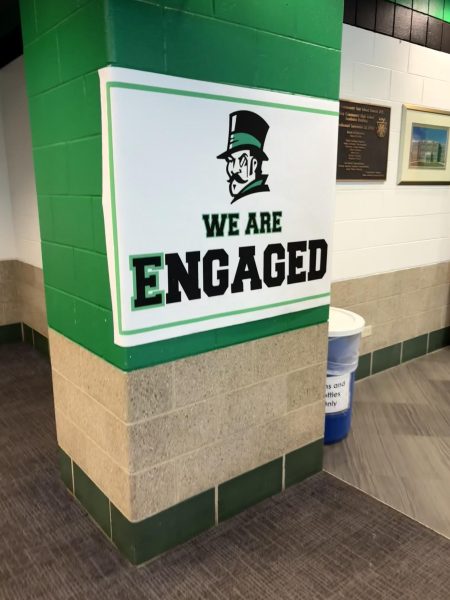Breaking social barriers in the digital age
It seems that in order to avoid any uncomfortable small talk with strangers, young people, and adults, too, will resort keeping their eyes locked on their phone screens. Whether they’re sitting on a bench and someone sits next to them or standing in line trying to avoid eye contact, people will find a way to avoid talking with someone they don’t know because they figure it may take up their time or they will lose interest in the conversation. I noticed this trend and decided to make an attempt at breaking those invisible barriers we hold against ourselves to protect our personal bubble.
I toured around Elmhurst, Chicago, and other areas across the Midwest with my camera dangling around my neck. I would try to look as approachable as possible, and without hesitation, I would ask the individual who sat by themselves, “Excuse me, may I take your portrait?” Some would nod yes, asking where I’m from and what the picture is for. Others would say no or simply ignore my presence and brush me off like an insect.
After these encounters, I would discover more about this individual than I have asked — and that, I believe, is what can change our social interactions. By looking up from your phone every so often and saying hello to your neighbor, you can learn something new about someone every day. Therefore, it is imperative that this sort of interaction takes place in your life, so our generation isn’t stigmatized as constantly being stuck to our phones on the daily.

“I’ve been waiting for almost an hour for my husband to pick me up here. I don’t know where he could be. Wait, are you going to make me pay for that portrait?”
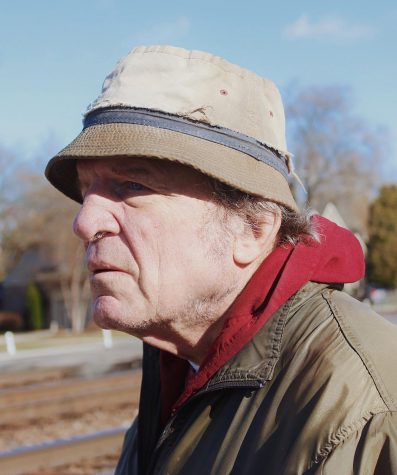
“I didn’t even get a chance to see my family in the city on Thanksgiving. I kept missing my damn train! I might as well just hop on this freight and get a ride to Chicago.”
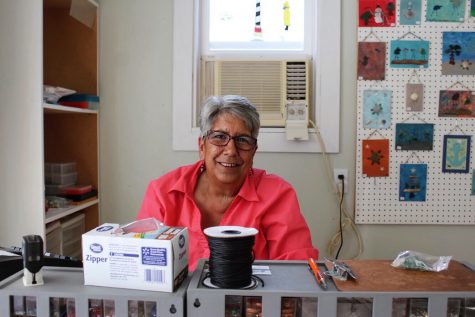
“He [my cousin] had his heart attack, now he’s just out there living life.”

“When I was younger, I wanted to be the first female photographer for National Geographic. My skills were no good, though.”

“In 1968, two kids came in, and they wanted time at the podium to talk about having a Black Studies major on campus. Now, we had no black people at Wisconsin, but they wanted it. And every other professor said ‘sure,’ and they gave them the five minutes at the podium. My professor was an old crotchety. He was a really, really reactionary white guy, and he wasn’t going to give these kids any time to have a Black Studies program, so he said no. So, the two kids picked him up off the podium, these two boys, and just moved him over politely so they could have their five minutes. With that, the national guard came down and started clubbing these kids. And with that, the entire lecture hall of two hundred kids got up and started beating the national guard. Now, this was how I went to school! I did miss a lot of the riots, though. They were too early. People were rioting early, I didn’t want to get up for the riot. It became a social life. It became the entire culture of the campus. Fraternities shut down, sororities shut down… it was an interesting time to go to school.”
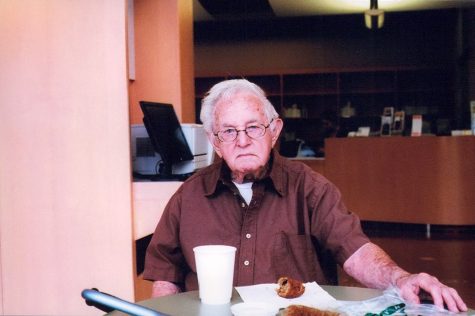
“When you caption that photo, tell them I’m sick of world war.”
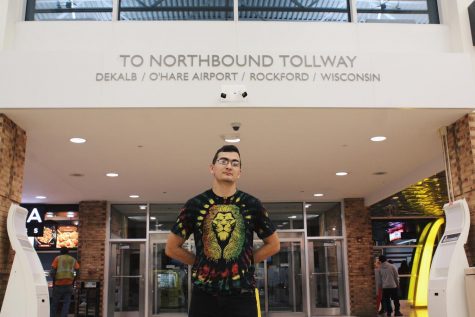
“Headed down to Marseilles Training center. I’ve been in the military for about eight and a half years. With the National Guard, my favorite place would have to be Fort Benning.”
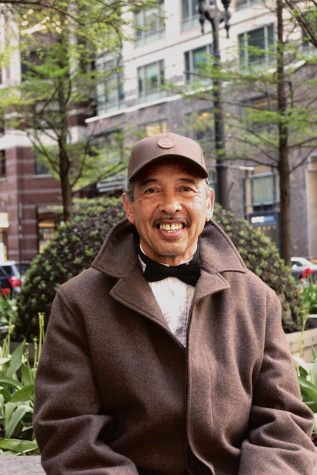
“I was actually a student at School of the Art Institute in ’81. Things were so different then.”

“Americans… I’m tired of ’em. No body wants to know anyone anymore and that’s just anti-American. That’s what they are. God, this country’s going to hell.”
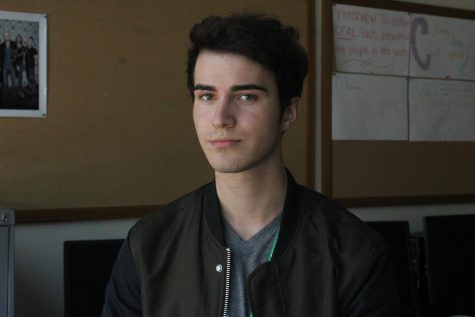
Nate Swanson is a senior at York, and this is his first year on staff. He's also a part of Mirrors Magazine and Fine Arts Week Committee. When he's not...





